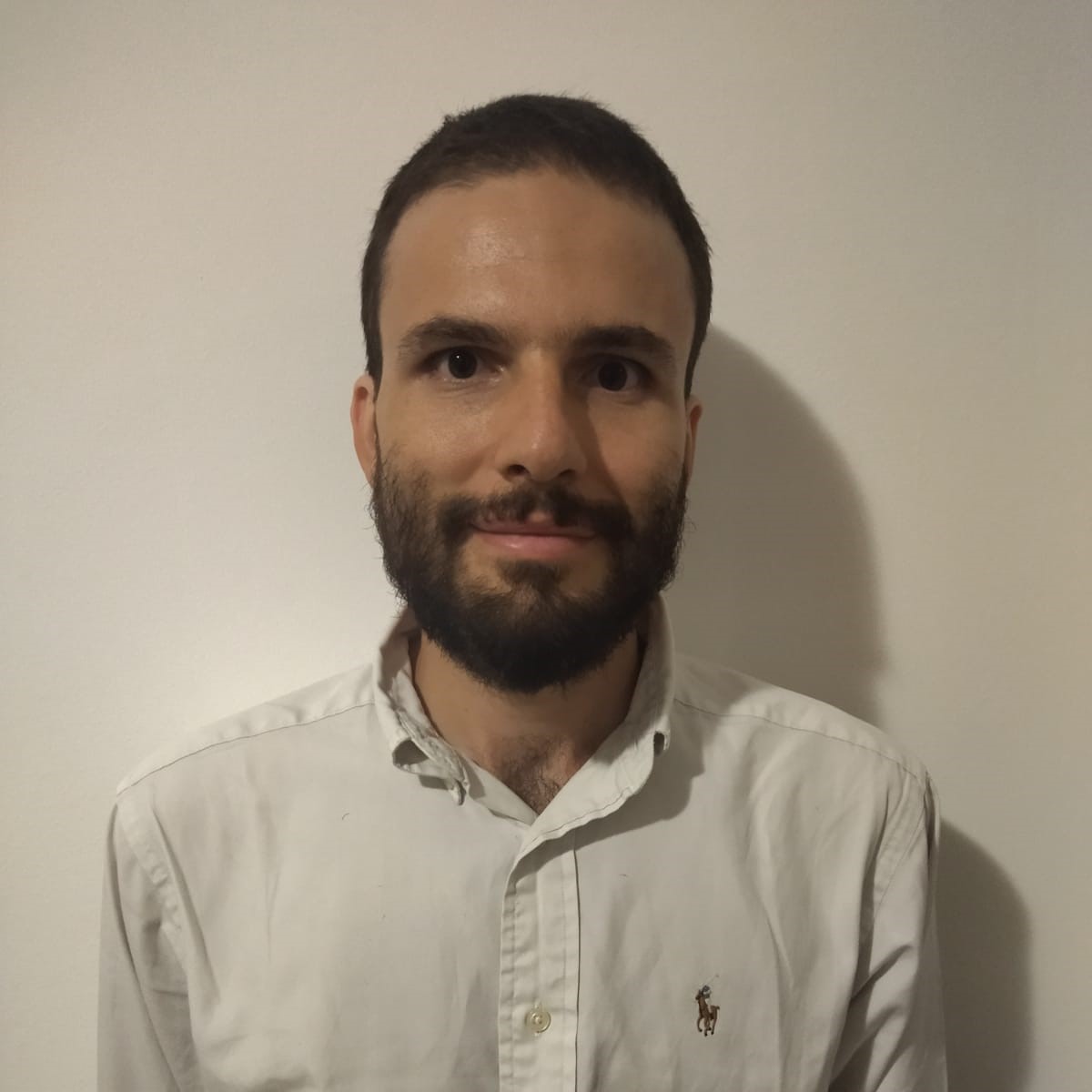Marco Cavicchioli is a PhD in cognitive neuroscience together with a psychologist and psychotherapist. He hold the PhD at University Vita-Salute San Raffaele (Milan). His final thesis was focused on neural underpinnings of self-regulation and self organization as latent dimensions associated to different developmental pathways of substance use disorders.
He hold the PsyD at University Vita-Salute San Raffaele (Milan) with a final thesis focused on principles at the base of Dialectical Behavior Therapy evolution.
He is certified as a DBT therapist from the Società Italiana per la Dialectical Behavior Therapy in collaboration with Behavioral Tech Institute.
He was Head of Scientific Research Committee of the Società Italiana per la Dialectical Behavior Therapy.
He was research fellow in clinical psychology at University Vita-Salute San Raffaele (Milan).
He is professor of an advanced course on Dialectical Behavior Therapy at Studi Cognitivi School of Psychotherapy.
He is an author of scientific papers and referee for the following journals: Addictive Behaviors, Addiction Research & Theory, Appetite, BMC Psychiatry, Drug and Alcohol Dependence, Stress & Health, Substance Abuse Treatment, Prevention, and Policy, The American Journal of Drug and Alcohol Abuse, Journal of Substance Use, European Journal of Psychotraumatology, Neuroscience & Biobehavioral Reviews, European Child & Adolescent Psychiatry.
He worked as a psychotherapist at San Raffaele Hospital (Milan) and San Gerardo Hospital (Monza). Currently, he works as a psychotherapist in Milan
Research interests
The main fields of research refer to emotion regulation and dissociation and its implications for substance use disorders, borderline personality disorder and trauma-related conditions.
Other fields of research include the study of Dialectical Behavior Therapy adaptation and mechanisms involved in explaining its efficacy


